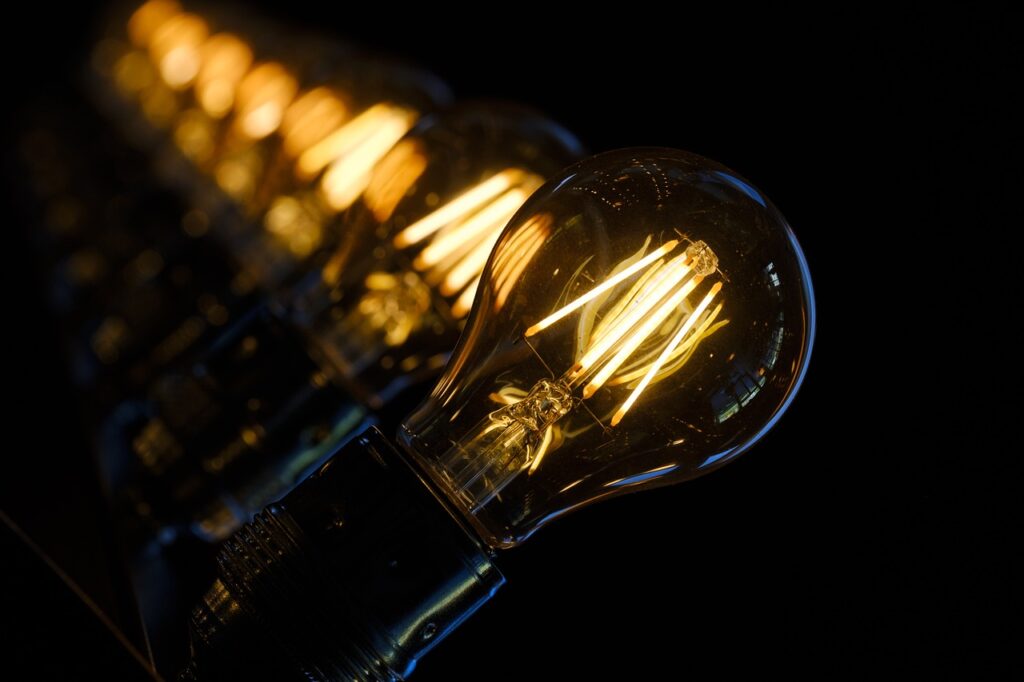- Nigeria’s national grid collapsed on September 10, dropping from 2,917.83 MW to 1.5 MW.
- Most distribution companies reported zero megawatt loads, except Ibadan DisCo.
- AEDC confirmed the outage and said restoration is underway.
- TCN has not disclosed the cause of the collapse.
- The grid has collapsed multiple times in recent years, raising concerns about long-term stability.
Nigeria’s fragile power infrastructure suffered another major blow on Wednesday, September 10, as the national grid collapsed, plunging much of the country into darkness. Between 11:00 and 12:00 p.m., power generation plummeted from 2,917.83 megawatts to a staggering 1.5 megawatts — effectively wiping out electricity supply nationwide.
The Abuja Electricity Distribution Company (AEDC) confirmed the incident, citing a “system disturbance” that disrupted power across its franchise areas. While restoration efforts have begun, only a handful of distribution companies have received partial loads, with most — including Port Harcourt, Jos, and Yola — still operating at zero megawatts.
The cause of the collapse remains unclear, as the Transmission Company of Nigeria (TCN) has yet to issue an official explanation. The silence has fueled public frustration, especially given the grid’s history of instability. In 2024 alone, Nigeria recorded 12 collapses, despite repeated assurances of reform.
This latest failure marks the third major incident in 2025, reigniting concerns about the reliability of the national grid and its impact on homes, businesses, and critical services. With fuel prices soaring and generator costs rising, many Nigerians are left scrambling for alternatives in the absence of stable electricity.
As restoration continues, stakeholders are calling for urgent investment in grid modernization, decentralization, and accountability — warning that without structural change, the cycle of collapse and recovery will persist.

